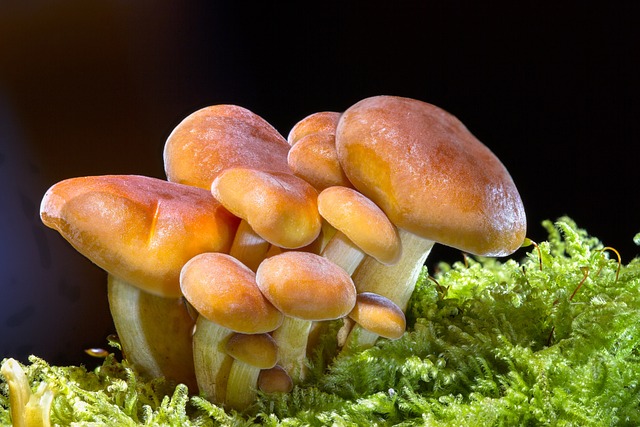Unveiling the Mystery of Probiotics: A Beginner’s Guide
Probiotics are considered as “good” bacteria that are beneficial in maintaining a healthy and balanced gut microbiota. These living microorganisms can be found in fermented foods and supplements that are now widely available in the market. With the growing trend in health and wellness, more and more people are looking into incorporating probiotics into their daily diet.
What are Probiotics?
Probiotics are live microorganisms that, when consumed in adequate amounts, provide health benefits. These beneficial bacteria are found in various fermented foods and supplements. The most common probiotic strains include Lactobacillus and Bifidobacterium.
These microorganisms are competitive with harmful bacteria in our gut and have been shown to have positive effects on our immune system, digestion, and overall health. They help maintain the balance of good and bad bacteria in our gut and prevent pathogenic bacteria from overpopulating.
Health Benefits of Probiotics
The consumption of probiotics has been linked to numerous health benefits. These include:
- Improved Digestion: Probiotics can help improve the digestion of food and the absorption of nutrients in our gut. They can also help alleviate symptoms of digestive disorders such as irritable bowel syndrome (IBS) and inflammatory bowel disease (IBD).
- Boosted Immune System: Probiotics can support the immune system by stimulating the production of antibodies and enhancing the activity of immune cells.
- Reduced Risk of Infections: The consumption of probiotics has been shown to reduce the risk of urinary tract infections, yeast infections, and other infections caused by harmful bacteria.
- Lower Blood Pressure: Some studies suggest that probiotics may help lower blood pressure in people with hypertension.
- Improved Mental Health: Recent research has linked poor gut health to anxiety and depression. Probiotics may help improve symptoms of anxiety and depression by supporting a healthier gut microbiota.
Sources of Probiotics
Probiotics can be found in various fermented foods and supplements. The most common sources of probiotics include:
- Yogurt: Yogurt is one of the most common sources of probiotics. Make sure to choose plain yogurt with live and active cultures.
- Kefir: Kefir is a fermented dairy drink that contains various strains of probiotics.
- Sauerkraut: Sauerkraut is made from fermented cabbage and other vegetables. It is a good source of probiotics and also contains a high amount of vitamin C.
- Kimchi: Kimchi is a spicy Korean dish made from fermented cabbage and other vegetables. It is a popular source of probiotics.
- Miso: Miso is a traditional Japanese seasoning made from fermented soybeans. It is a good source of probiotics and also contains beneficial antioxidants.
- Tempeh: Tempeh is a fermented soybean product that is rich in probiotics and also a good source of protein.
Probiotic supplements are also available in the market. When choosing a supplement, make sure to choose a reputable brand, and always consult with your healthcare provider before adding any new supplements to your routine.
The Bottom Line
Probiotics are beneficial microorganisms that can help maintain the balance of good and bad bacteria in our gut. The consumption of probiotics has been linked to various health benefits, including improved digestion, boosted immune system, and reduced risk of infections. Probiotics can be found in various fermented foods and supplements that are now widely available in the market.
Remember to always consult with your healthcare provider before adding any new supplements to your routine. Incorporating probiotics into your daily diet can be a great way to support a healthy gut microbiota and improve your overall health and well-being.







